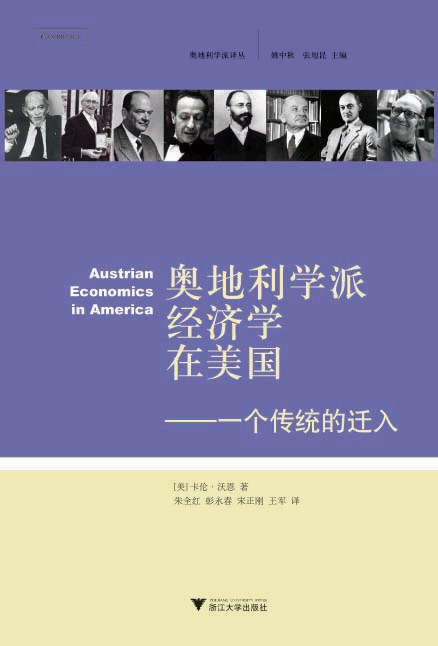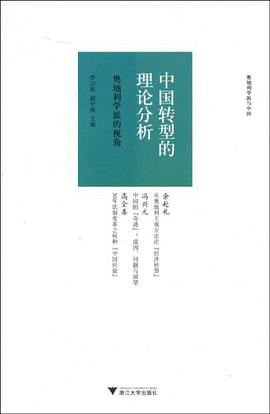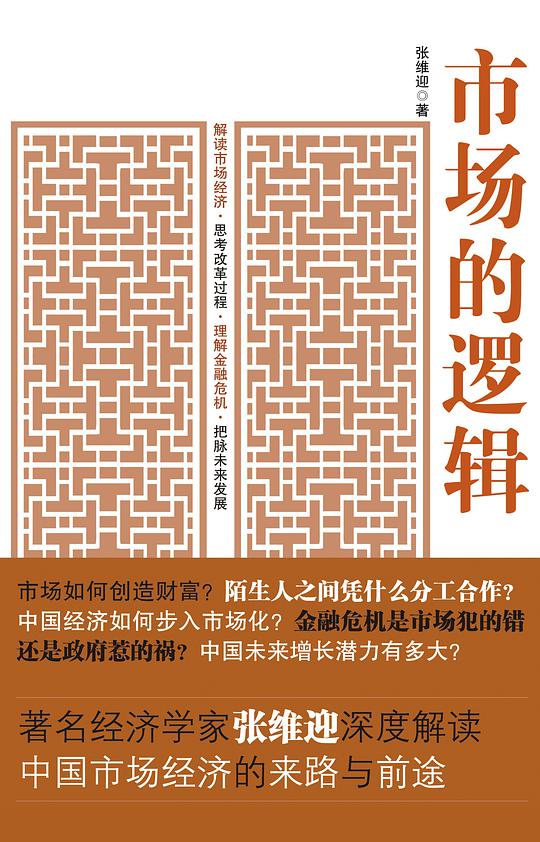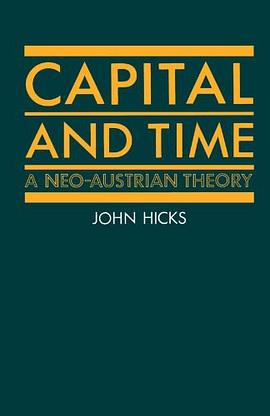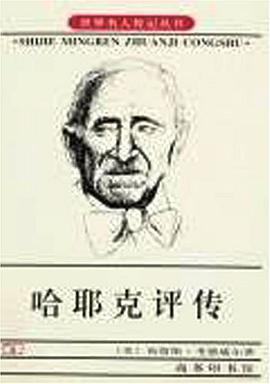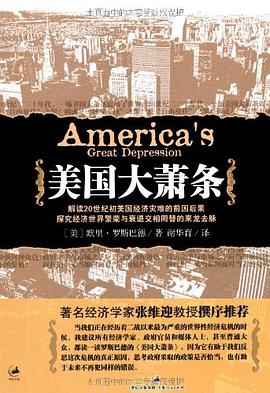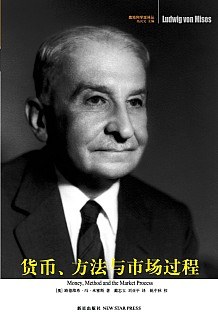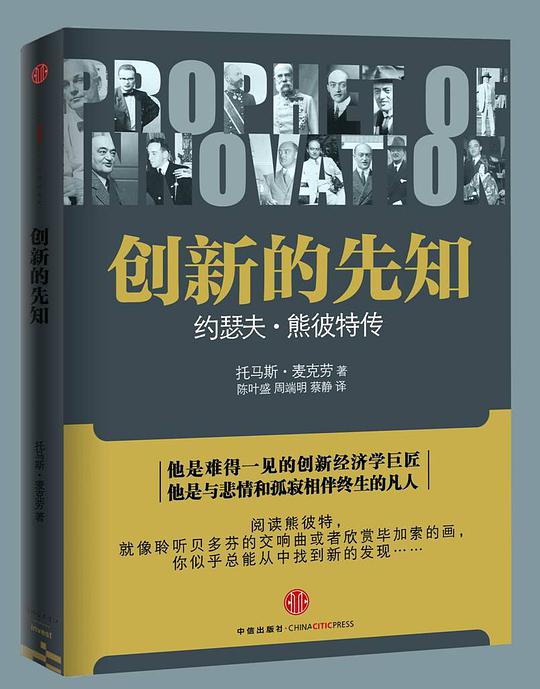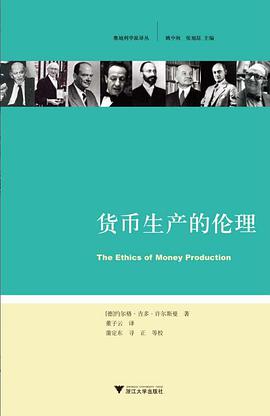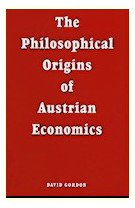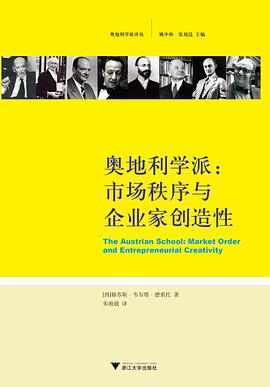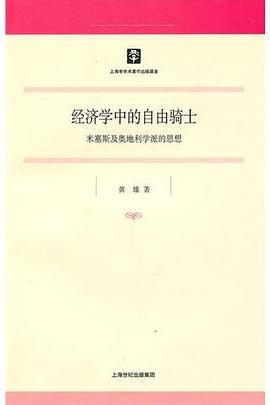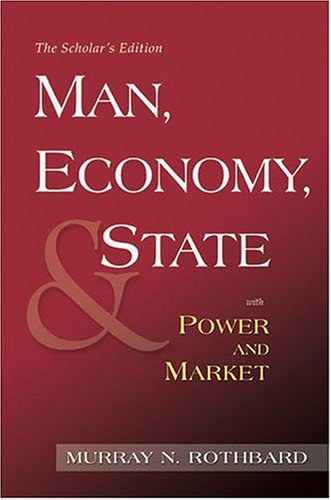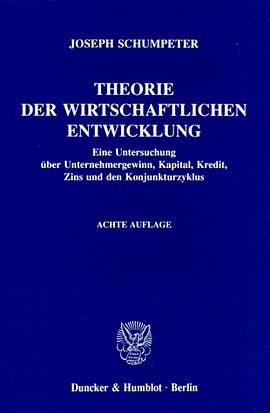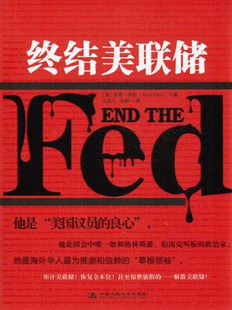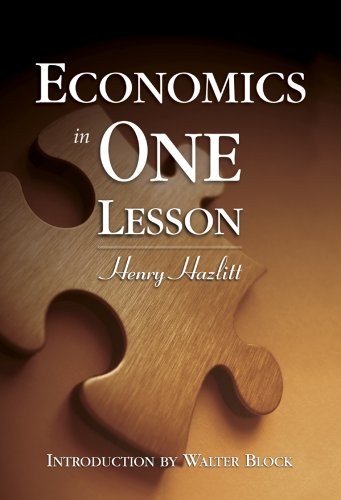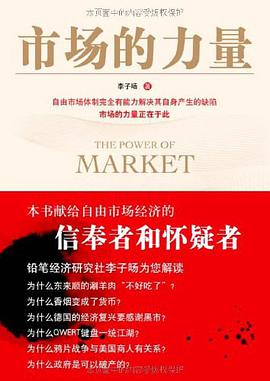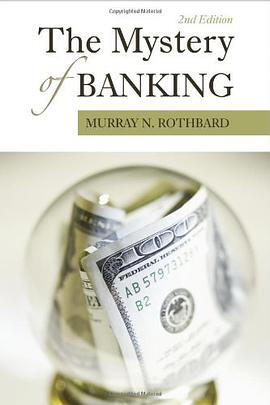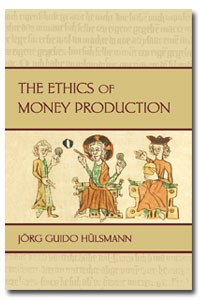This pioneering work, in hardback, by Jörg Guido Hülsmann, professor of economics at the University of Angers in France and the author of Mises: The Last knight of Liberalism, is the first full study of a critically important issue today: the ethics of money production.
He is speaking not in the colloquial sense of the phrase "making money," but rather the actual production of money as a commodity in the whole economic life. The choice of the money we use in exchange is not something that needs to be established and fixed by government.
In fact, his thesis is that a government monopoly on money production and management has no ethical or economic grounding at all. Legal tender laws, bailout guarantees, tax-backed deposit insurance, and the entire apparatus that sustains national monetary systems, has been wholly unjustified. Money, he argues, should be a privately produced good like any other, such as clothing or food.
In arguing this way, he is disputing centuries of assumptions about money for which an argument is rarely offered. People just assume that government or central banks operating under government control should manage money. Hulsmann explores monetary thought from the ancient world through the middle ages to modern times to show that the monopolists are wrong. There is a strong case in both economic and ethical terms for the idea that money production should be wholly private.
He takes on the "stabilization" advocates to show that government management doesn't lead to stability but to inflation and instability. He goes further to argue against even the theoretical case for stabilization, to say that money's value should be governed by the market, and that that the costs associated with private production are actually an advantage. He chronicles the decline of money once nationalized, from legally sanctioned counterfeiting to the creation of paper money all the way to hyperinflation. In his normative analysis, the author depends heavily on the monetary writings of 14th century Bishop Nicole Oresme, whose monetary writings have been overlooked even by historians of economic thought. He makes a strong case that "paper money has never been introduced through voluntary cooperation. In all known cases it has been introduced through coercion and compulsion, sometimes with the threat of the death penalty. … Paper money by its very nature involves the violation of property rights through monopoly and legal-tender privileges."
The book is also eerily prophetic of our times:
Consider the current U.S. real-estate boom. Many Americans are utterly convinced that American real estate is the one sure bet in economic life. No matter what happens on the stock market or in other strata of the economy, real estate will rise. They believe themselves to have found a bonanza, and the historical figures confirm this. Of course this belief is an illusion, but the characteristic feature of a boom is precisely that people throw any critical considerations overboard. They do not realize that their money producer—the Fed—has possibly already entered the early stages of hyperinflation, and that the only reason why this has been largely invisible was that most of the new money has been exported outside of the U.S… Because a paper-money producer can bail out virtually anybody, the citizens become reckless in their speculations; they count on him to bail them out, especially when many other people do the same thing. To fight such behavior effectively, one must abolish paper money. Regulations merely drive the reckless behavior into new channels.
Hulsmann has provided not only a primer in understanding our times, but a dramatic extension of the work of Menger, Mises, Hayek, Rothbard, and others to map out an economically radical and ethically challenging case for the complete separation of money and state, and a case for the privatization of money production. It is a sweeping and learned treatise that is rigorous, scholarly, and radical.
Table of Contents
Preface
Introduction
Money Production and Justice
Remarks about Relevant Literature
Part 1: The Natural Production of Money
Monies
The Division of Labor without Money
The Origin and Nature of Money
Natural Monies
Credit Money
Paper Money and the Free Market
Electronic Money
Money Certificates
Certificates Physically Integrated with Money
Certificates Physically Disconnected from Money
Money within the Market Process
Money Production and Prices
Scope and Limits of Money Production.
Distribution Effects
The Ethics of Producing Money
The Ethics of Using Money
Utilitarian Considerations on the Production of Money
The Sufficiency of Natural Money Production
Economic Growth and the Money Supply
Hoarding
Fighting Deflation
Sticky Prices
The Economics of Cheap Money
Monetary Stability
The Costs of Commodity Money
Part 2: Inflation
General Considerations on Inflation
The Origin and Nature of Inflation
The Forms of Inflation
Private Inflation: Counterfeiting Money Certificates
Debasement
Fractional-Reserve Certificates
Three Origins of Fractional-Reserve Banking
Indirect Benefits of Counterfeiting in a Free Society .
The Ethics of Counterfeiting
Enters the State: Fiat Inflation through Legal Privileges
Treacherous Clerks
Fiat Money and Fiat Money Certificates
Fiat Inflation and Fiat Deflation
Legalized Falsifications
Legalizing Debasement and Fractional Reserves
The Ethics of Legalizing Falsifications
Legal Monopolies
Economic Monopolies versus Legal Monopolies
Monopoly Bullion
Monopoly Certificates
The Ethics of Monetary Monopoly
Legal-Tender Laws
Fiat Equivalence and Gresham’s Law
Bimetallism
Legal-Tender Privileges for Money Certificates
Legal-Tender Privileges for Credit Money
Business Cycles
Moral Hazard, Cartelization, and Central Banks
Monopoly Legal Tender
The Ethics of Legal Tender
Legalized Suspensions of Payments
The Social Function of Bankruptcy
The Economics of Legalized Suspensions
The Ethics of Legalized Suspensions
Paper Money
The Origins and Nature of Paper Money
Reverse Transubstantiations
The Limits of Paper Money
Moral Hazard and Public Debts
Moral Hazard, Hyperinflation, and Regulation
The Ethics of Paper Money
The Cultural and Spiritual Legacy of Fiat Inflation
Inflation Habits
Hyper-Centralized Government
Fiat Inflation and War
Inflation and Tyranny
Race to the Bottom in Monetary Organization
Business under Fiat Inflation
The Debt Yoke
Some Spiritual Casualties of Fiat Inflation
Suffocating the Flame
Part 3: Monetary Order and Monetary Systems
Monetary Order
The Natural Order of Money Production
Cartels of Credit-Money Producers
Fiat Monetary Systems in the Realm of the Nation-State
Toward National Paper-Money Producers: European Experiences
Toward National Paper-Money Producers: American Experiences
The Problem of the Foreign Exchanges
International Banking Systems, 1871–1971
The Classical Gold Standard
The Gold-Exchange Standard
The System of Bretton Woods
Appendix: IMF and World Bank after Bretton Woods
International Paper-Money Systems, 1971– ?
The Emergence of Paper-Money Standards
Paper-Money Merger: The Case of the Euro
The Dynamics of Multiple Paper-Money Standards
Dead End of the World Paper-Money Union
Conclusion
Two Concepts of Capitalism
Monetary Reform
References
Index of Names
Index of Subjects
